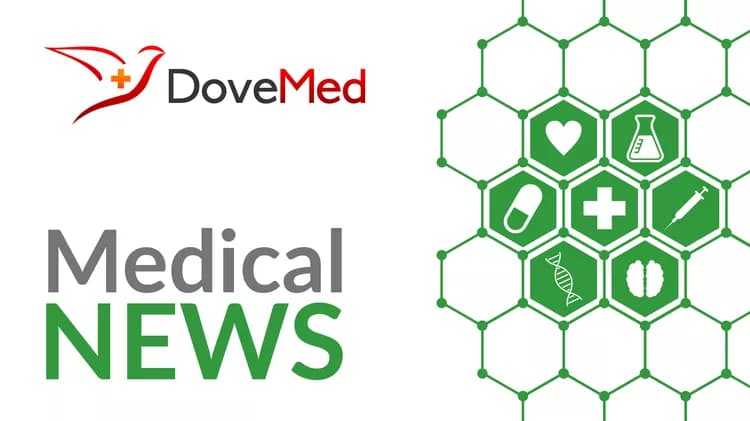
Age Matters: Paternal Age And The Risk Of Neurodevelopmental Disorders In Children
It is no secret that genetic factors play a role in determining whether children have neurodevelopmental disorders. Maternal exposure to drugs and viral or bacterial illnesses can be detrimental too.However, a recent epidemiological survey of approximately 6 million people worldwide has revealed that advanced paternal age is associated with the development of neurodevelopmental disorders. In other words, the older the parent, the increased risk a child has of developing disorders such as autism, ADHD and other learning disabilities.
A research team from the Department of Developmental Neuroscience at the Tohoku University Graduate School of Medicine has revealed further details about this phenomenon with their recent publication in PLOS ONE.
The research team, led by doctoral student Misako Tatehana and Professor Noriko Osumi, performed immunohistochemical analysis of the testis in three-month-old mice before performing the same analysis on mice aged 12 months or older.
Tatehana and her team analyzed histone proteins during the 12-step spermatogenesis process. Histone proteins undergo chemical modifications during spermatogenesis, thereby affecting gene expression. More specifically, the team looked at the seven methylations and one acetylation.
They catalogued these as epigenetic markers -- modifications that affect the expression of the gene without changing the DNA base sequence of the genome itself.
Comparisons of the markers between the younger and older mice using imaging quantification techniques revealed that the latter had higher amounts of the modified histone protein, H3K79me3. A previous study by Professor Osumi found a correlation between the amount of H3K79me3 in sperm and abnormal speech communication in pups, making it a predictive marker of neural-developmental disorders.
This new finding signals that paternal aging potentially affects neurodevelopment in humans. Further research on the matter hopes to develop greater diagnostic methods for disorders stemming from the risk of advanced paternal age.
Related Articles
Test Your Knowledge
Asked by users
Related Centers
Related Specialties
Related Physicians
Related Procedures
Related Resources
Join DoveHubs
and connect with fellow professionals

0 Comments
Please log in to post a comment.